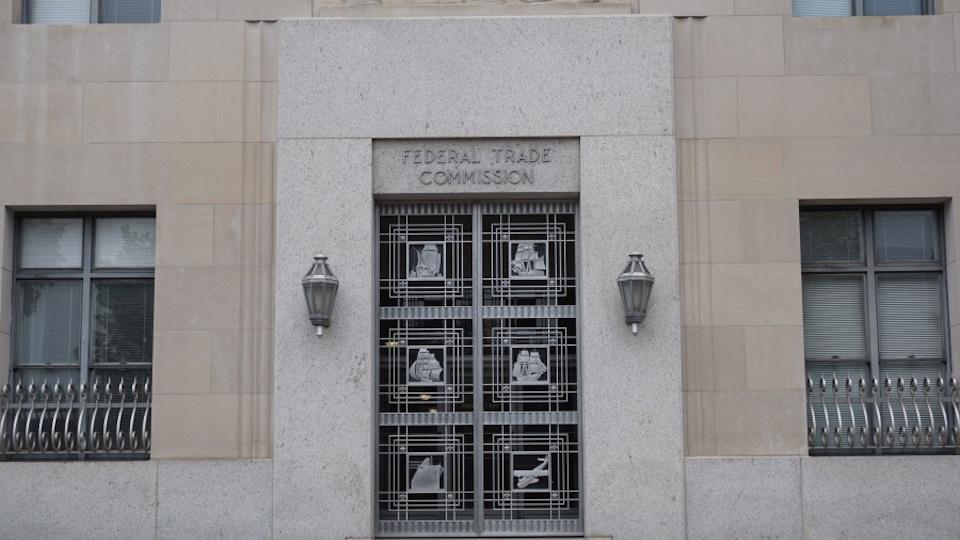FTC launches probe of Teva over ‘improper’ patents; report

Shares in Teva Pharmaceutical have dipped sharply after reports that the Federal Trade Commission (FTC) has opened an investigation into the company focusing on improperly listed patents in the FDA’s Orange Book.
The FTC has been scrutinising the pharma industry to see if drugmakers have used bogus listings to delay the entry of generic competition into the market, and has said it will consider legal action against any companies found to have done so.
Under US law, the FDA is automatically barred from approving a generic drug for 30 months if a brand-name drug company sues a generic competitor for infringing on an Orange Book-listed patent, regardless of the outcome of the lawsuit.
The Orange Book – or Approved Drug Products with Therapeutic Equivalence Evaluations, as it is otherwise known – is a registry of patents on drug substances, products, and methods of use that pharma companies by law must kept up to date.
The investigation has been prompted by Teva’s refusal to take down about two dozen patents for its asthma and chronic obstructive pulmonary disorder (COPD) inhalers, according to a Washington Post report, which said its report was based on agency documents. The company said it believes the patents have been properly listed.
The newspaper claims that Teva was ordered to provide internal communications, analysis and financial data related to the disputed patents by 24th July under a process known as a civil investigative demand. It says Teva’s actions amounted to the creation of a ‘patent thicket’ that prevented generic competition.
Other pharma companies that have been caught up in the FTC’s action – either directly or through subsidiaries – include AbbVie, AstraZeneca, Boehringer Ingelheim, GSK, Impax Laboratories, Kaleo, and Viatris unit Mylan Specialty.
The FTC started its clampdown on alleged Orange Book abuse last year after publishing a policy statement in which it claimed that bogus listings were depriving Americans of access to lower-cost medicines and drug products. Warning letters were sent to several manufacturers in May.
The move is further evidence of increasing scrutiny of the activities of the pharma industry by the FTC, which has also been taking a tougher stance on mergers and acquisitions in the sector and launching investigations into the role of pharmacy benefit managers in the medicines supply chain.
Shares in Teva fell almost 3% after the Washington Post’s article appeared.













